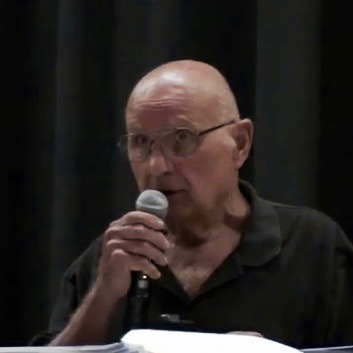
Ray Cloutier, chair of the Burrillville Zoning Board, ripped Invenergy‘s plans for a $700 million fracked gas and diesel oil burning power plant to shreds Tuesday evening as he lead the board in a unanimous decision to reject the company’s application in their advisory opinion to the Energy Facilities Siting Board (EFSB). Cloutier called Invenergy’s plans to use “up to a million gallons of water” per day “totally irresponsible” saying that future growth and development in the town would be curtailed. “That’s totally irresponsible,” he said.
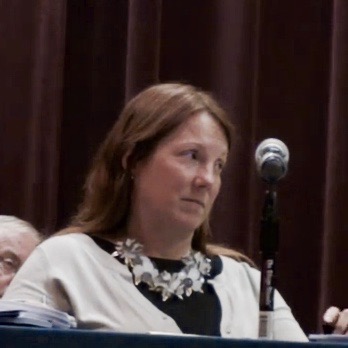
The Burrillville Zoning Board has been tasked by the EFSB to deliver an advisory opinion. The Zoning Board based much of their decision on the work done by the Burrillville Planning Board. The EFSB can give the advisory opinion as much or as little weight as they choose. They can adopt the opinion in whole or in part, modify the opinion or simply ignore it.
But the opinion, based on strong research and hours upon hours of expert and community testimony, should not be considered lightly. Cloutier maintained that Invenergy has avoided providing the board with requested answers.
“Due to… a lack of concrete information, we, the board, have asked in several different ways, several different times, for concrete information from this company, and they’ve either ignored our questions, or evaded them, or answered in a very vague manner,” said Cloutier, “We’ve gotten no definite answers, as far as I can tell, on anything.
“We have no plans. Nothing that we can read.”
One big stumbling block is the water. Cloutier said:
The big question, and we’ve asked this over and over again, available water supply. There is no water supply. As a matter of fact, they’ve been denied any water from anybody in this town. And if they were to attempt to drill a well, and draw from the ground water, it would seriously deplete the aquifer in the whole town.
“It would stop any further development. It would cripple the town from developing anything further after this. There’s no guarantee that there’s enough water for [Invenergy]. I’ve heard that there’s up to a million gallons of water per day demand at times for this plant. That’s totally irresponsible.
“This town would be facing a public water moratorium on future village growth if this is approved. It’s unbelievable that we’d consider that.”
The meeting started off contentiously. Burrillville residents, worried about the outcome of the opinion, quickly hijacked the meeting, demanding the opportunity to speak publicly. Cloutier appeared frustrated at times and admonished the crowd to be respectful. But in the end Cloutier thanked residents for their patience during the difficult process.
Invenergy’s lawyer Elizabeth Noonan actually lost her cool as members of the audience interrupted her, saying, “People, really, I’m trying to address the board member, could you give me a- little quiet?” One woman in the audience shouted, “No!” Noonan countered, “I don’t speak when you speak.” She then gave up trying to speak and put down her microphone.
With the decision of the Burrillville Zoning Board made, this part of the EFSB process has come to a close. The EFSB is still waiting on final advisory opinions from the Department of Health and the Department of Environmental Management.
Here’s Stephanie Sloman‘s testimony on low octave noise, which Cloutier found very compelling:
Here’s the full meeting:










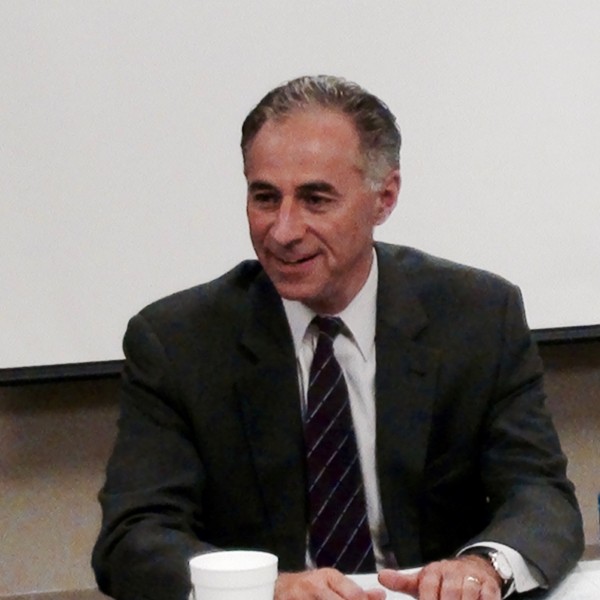
 As for the staff DHS is cutting, saying that there are openings at DCYF is disingenuous. Many of the staff losing their positions at DHS started at DCYF, said Pearlmutter. They took jobs at DHS “because the work at DCYF is so crisis oriented. It’s difficult and emotional work that many found they couldn’t do any more.”
As for the staff DHS is cutting, saying that there are openings at DCYF is disingenuous. Many of the staff losing their positions at DHS started at DCYF, said Pearlmutter. They took jobs at DHS “because the work at DCYF is so crisis oriented. It’s difficult and emotional work that many found they couldn’t do any more.”
 The Environmental Justice League of Rhode Island (EJLRI) “is thrilled that Mayor Jorge Elorza listened to the community and is taking a strong stand against fracking, climate change, and LNG production in Providence.”
The Environmental Justice League of Rhode Island (EJLRI) “is thrilled that Mayor Jorge Elorza listened to the community and is taking a strong stand against fracking, climate change, and LNG production in Providence.”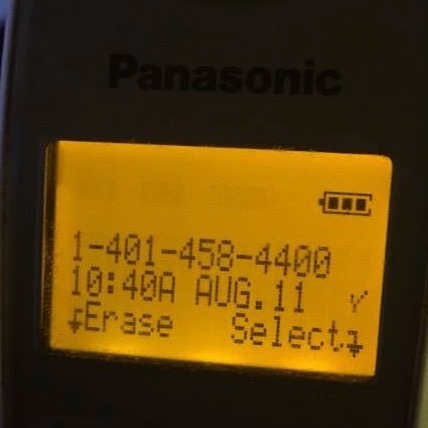

 People in need of social services are being turn away from the Woonsocket branch of the RI Department of Human Services (DHS) as the offices are in the midst of a downsizing and relocation.
People in need of social services are being turn away from the Woonsocket branch of the RI Department of Human Services (DHS) as the offices are in the midst of a downsizing and relocation.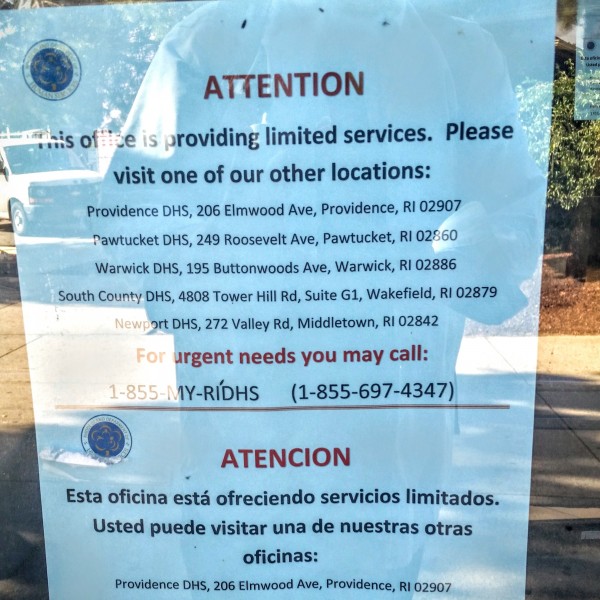
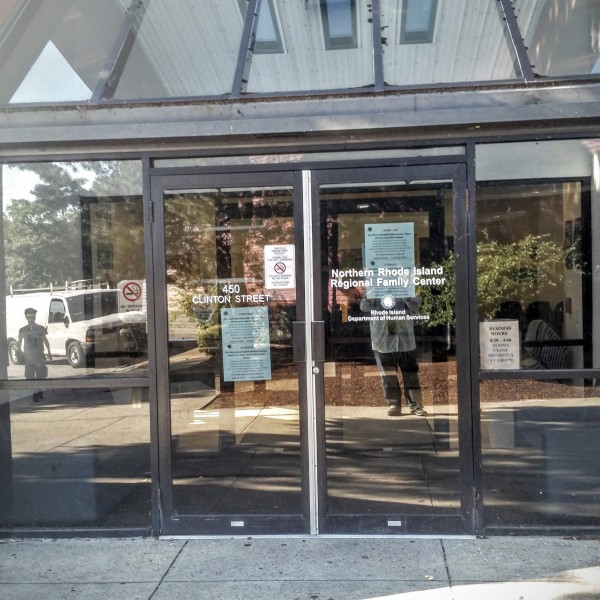 The clients DHS serve are among the most vulnerable in the state, who often have difficulty with transportation and access to the internet. Closing offices, downsizing staff and limiting services, even if only for a month, could have catastrophic effects on families.
The clients DHS serve are among the most vulnerable in the state, who often have difficulty with transportation and access to the internet. Closing offices, downsizing staff and limiting services, even if only for a month, could have catastrophic effects on families.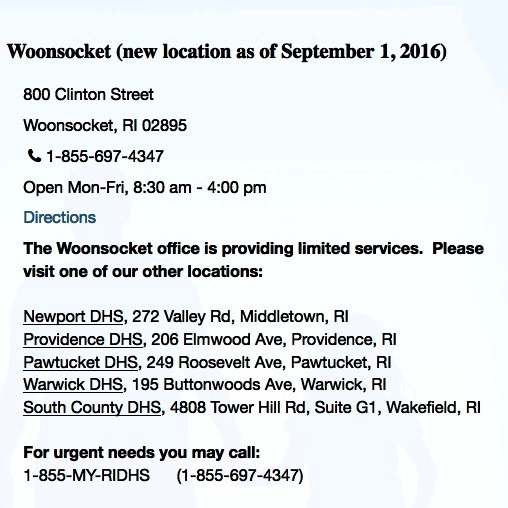

 The Burrillville Planning Board
The Burrillville Planning Board 


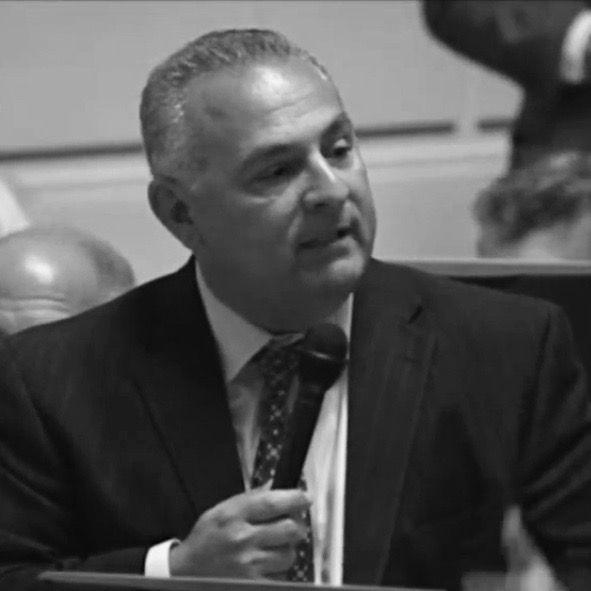

 In response to the Massachusetts Supreme Judicial Court’s decision against National Grid’s plan to charge consumers to underwrite and guarantee profits for its proposed ANE pipeline, the Conservation Law Foundation (CLF) has moved to close the Docket on a similar proposal here in Rhode Island.
In response to the Massachusetts Supreme Judicial Court’s decision against National Grid’s plan to charge consumers to underwrite and guarantee profits for its proposed ANE pipeline, the Conservation Law Foundation (CLF) has moved to close the Docket on a similar proposal here in Rhode Island.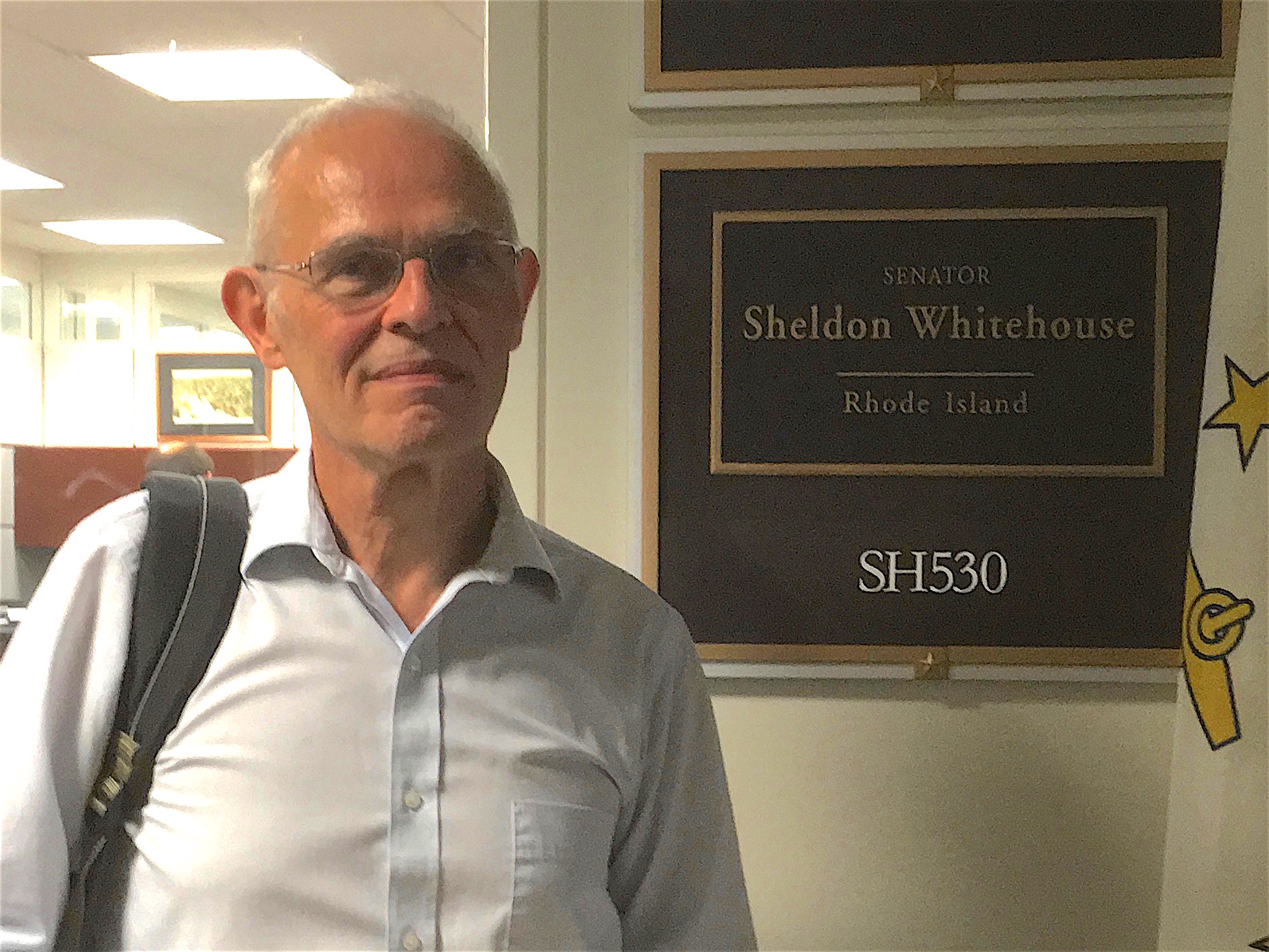

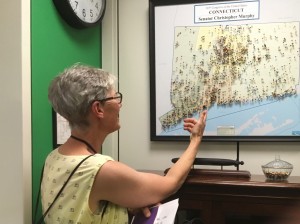
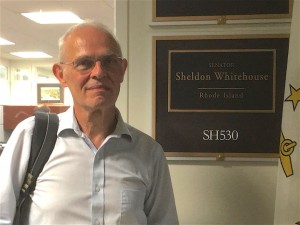
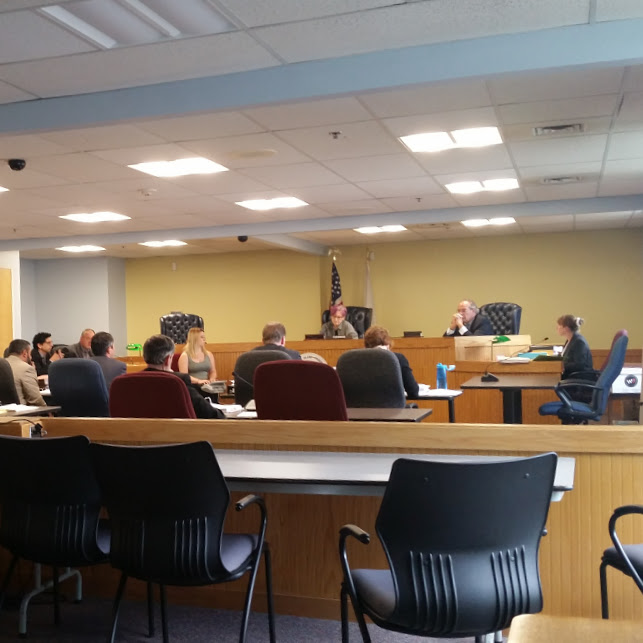
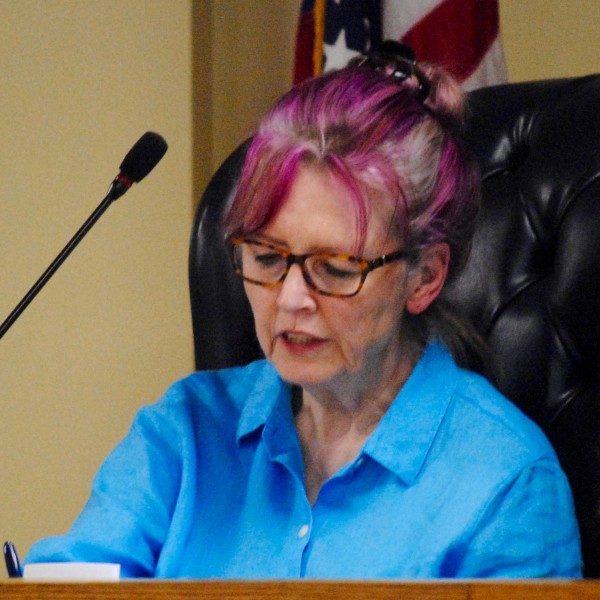


 The Center for Justice initially filed its lawsuit in February, 2015, after “several requests for extension of the deadline for filing responsive pleadings”. DeSimone filed Cho’s legal response to the Rhode Island lawsuit on May 11, 2015. About a week later, on May 20, 2015, Cho sold Gourmet Heaven to GSP Corp for half a million dollars. At least some of the transactional paperwork for this sale was prepared by DeSimone.
The Center for Justice initially filed its lawsuit in February, 2015, after “several requests for extension of the deadline for filing responsive pleadings”. DeSimone filed Cho’s legal response to the Rhode Island lawsuit on May 11, 2015. About a week later, on May 20, 2015, Cho sold Gourmet Heaven to GSP Corp for half a million dollars. At least some of the transactional paperwork for this sale was prepared by DeSimone.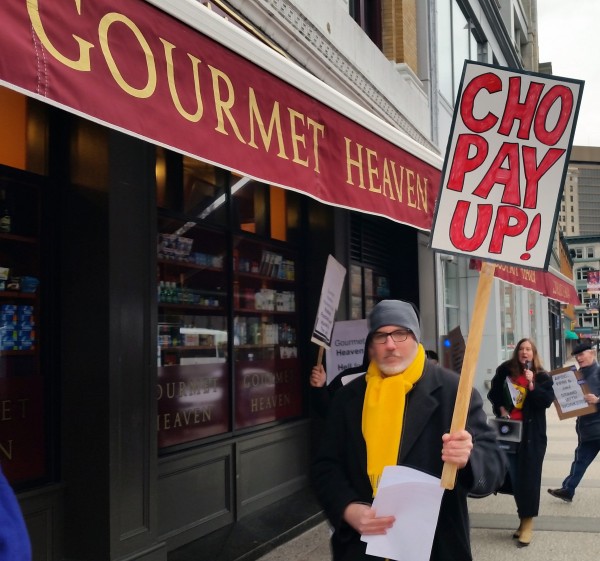 GSP Corp had come into existence about a month earlier, on April 9, “listing 173
GSP Corp had come into existence about a month earlier, on April 9, “listing 173 After the sale was finalized on September 14, “$225,389.11 of the $500,000 purchase price was paid directly to B.C.S., Hyun Dai International Food Corp, and New York Cheese Corp, purportedly to satisfy existing debts.” In the closing statement, Chung Cho is listed as receiving only “$1,620.78 from the $500,000 purchase price” after other debts were settled.
After the sale was finalized on September 14, “$225,389.11 of the $500,000 purchase price was paid directly to B.C.S., Hyun Dai International Food Corp, and New York Cheese Corp, purportedly to satisfy existing debts.” In the closing statement, Chung Cho is listed as receiving only “$1,620.78 from the $500,000 purchase price” after other debts were settled.



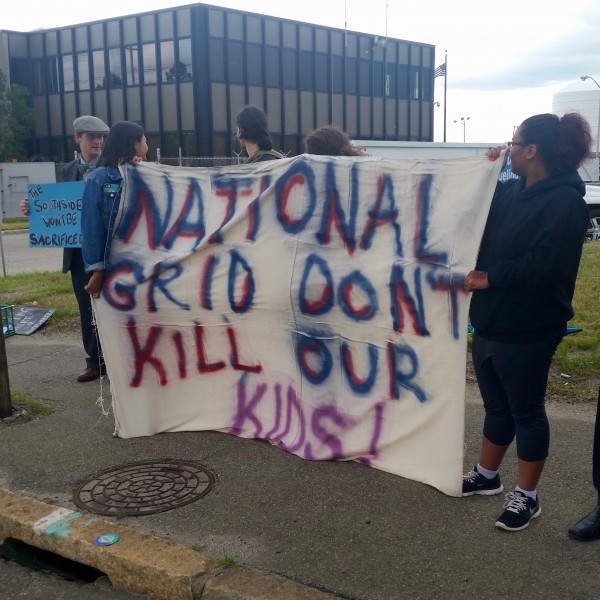 The Rhode Island Sierra Club has responded to Mayor Jorge Elorza‘s statement on National Grid‘s proposed liquefaction project for Field’s Point in the Port of Providence.
The Rhode Island Sierra Club has responded to Mayor Jorge Elorza‘s statement on National Grid‘s proposed liquefaction project for Field’s Point in the Port of Providence.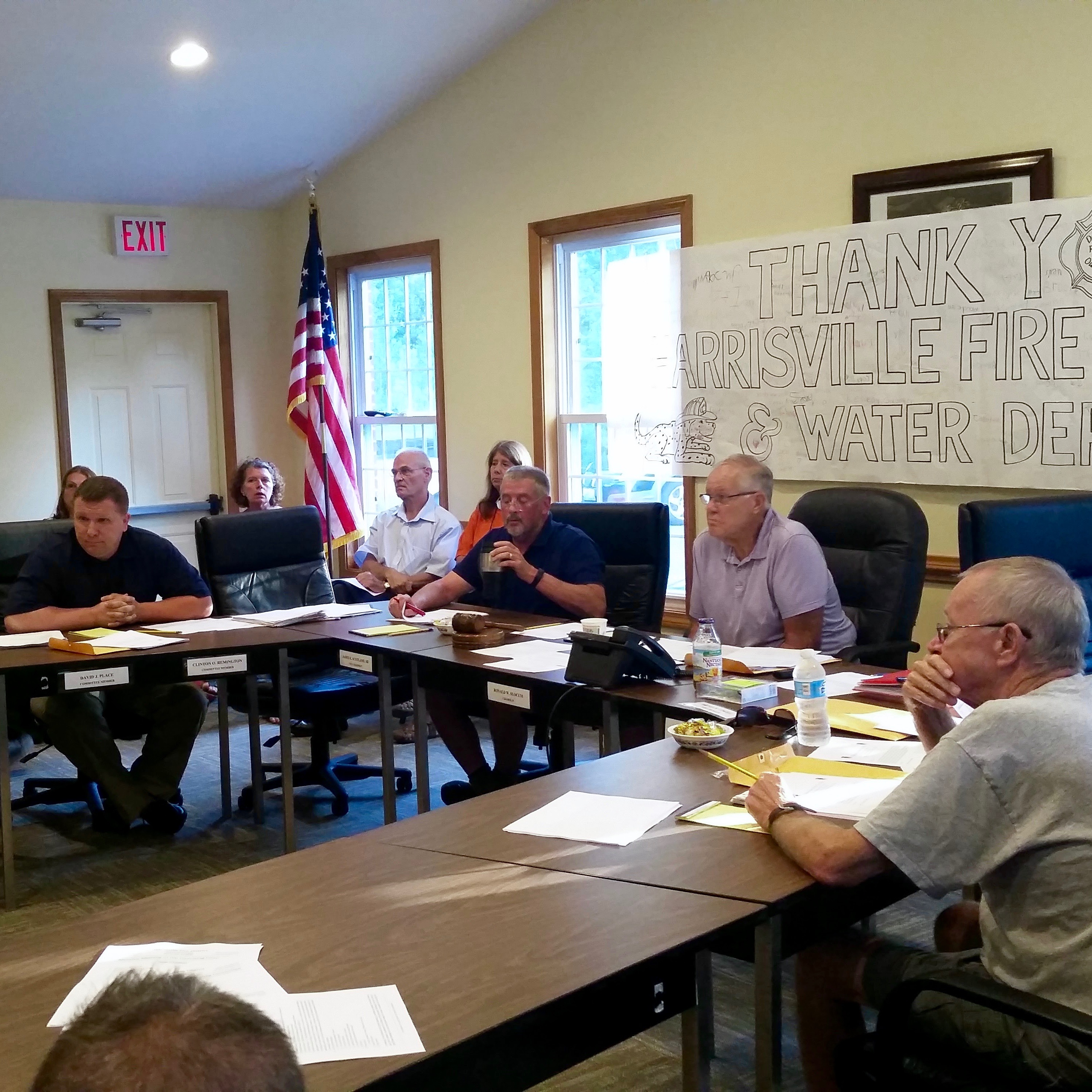
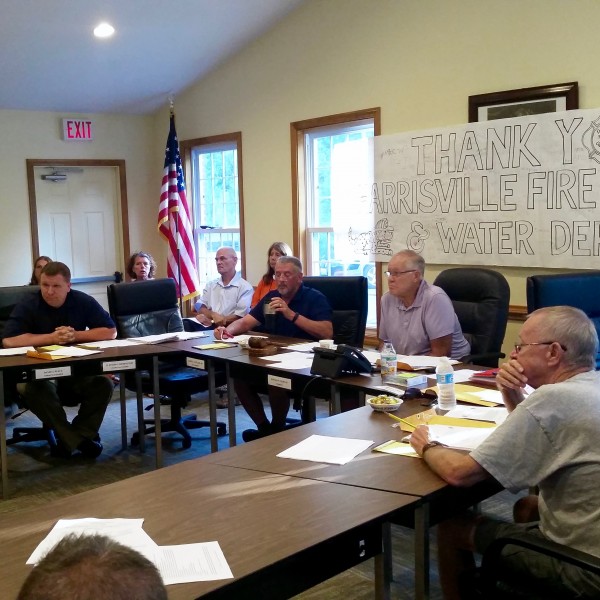 The Harrisville Fire District and Water Board voted 5-1 to turn down Invenergy’s offer to purchase water to cool it’s proposed $700 million fracked gas and diesel oil burning power plant in Burrillville. Thunderous applause broke out in the Assembly Theater, where the meeting had to be held to accommodate the nearly 100 people in attendance.
The Harrisville Fire District and Water Board voted 5-1 to turn down Invenergy’s offer to purchase water to cool it’s proposed $700 million fracked gas and diesel oil burning power plant in Burrillville. Thunderous applause broke out in the Assembly Theater, where the meeting had to be held to accommodate the nearly 100 people in attendance.

